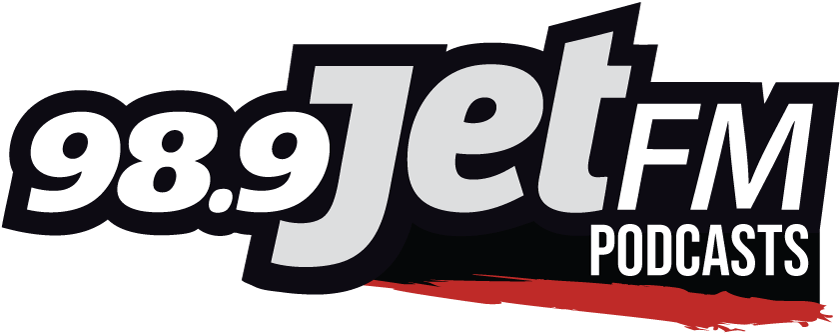There are concerns a highly potent substance will become more prevalent among illicit drugs sourced on the streets.
Nitazene is a powerful synthetic opioid created in the 1950’s, but never approved for use.
A report by the Canadian Centre on Substance Use and Addiction says drug checking services, including Vancouver Island Drug Checking and 14 sites coordinated by the BC Centre on Substance Use, first identified nitazene while testing illicit drugs in January of 2021.
The BC Centre for Disease Control reports that in November 2021, VIDC found metonitazene in six samples from Port Alberni. All six also tested positive for isotonitazene, etodesnitazene, fentanyl, caffeine, and etizolam, and were sold as down.
Leslie McBain of Moms Stop the Harm says the threat of Nitazene being mixed into the supply of illicit drugs is yet another reason that a safer-supply of opioids should be available to all people suffering substance abuse.
McBain says when there are interruptions in the illicit drug supply it leaves a lot of people dependent on that supply high and dry.
She warns there are other players in organized crime stepping in to mix up new batches, so it’s always inconsistent and nitazene is a highly potent synthetic opioid resistant to naloxone interventions.
“What is the answer to this? Well, the answer is the same answer as we’ve been giving for several years and that is to implement a safer regulated for pharmaceutical supply of drugs for people who are addicted.”
A regulated pharmaceutical supply of drugs would be for people who are addicted, McBain explains, not for anybody requests it but those who have been examined and determined to be addicted.
She says Premier David Eby and other leaders promise more involuntary treatment, but until it are built there is a need to ensure people who use these toxic drugs remain alive.
McBain also says Moms Stop the Harm has questions about the effectiveness of involuntary care: such as how do police, or even physicians decide they’re going to put a person into involuntary care.
“What are the what are the limitations? What are the rules? We don’t know that, so we completely disagree with the concept of involuntary care because globally all the research shows it does not work, a person has to be ready and wanting recovery.”
“It’s cruel. It’s inhumane. And we don’t agree with involuntary care.”
She says the answer always comes back to treating people suffering addictions with understanding of their personal situations.
“There needs to be more addiction doctors, needs to be more family doctors and nurse practitioners, who are trained in addiction medicine to be able to help folks through, to get them to safety, to be able to work with them within their addiction.”
McBain says the toxicity of illicit drugs has increased in the past few years and the appearance of nitazene will make it more dangerous for people who rely on drugs purchased on the street.
She is a co-founder of Moms Stop the Harm, a network of families impacted by substance use related harms and deaths.






